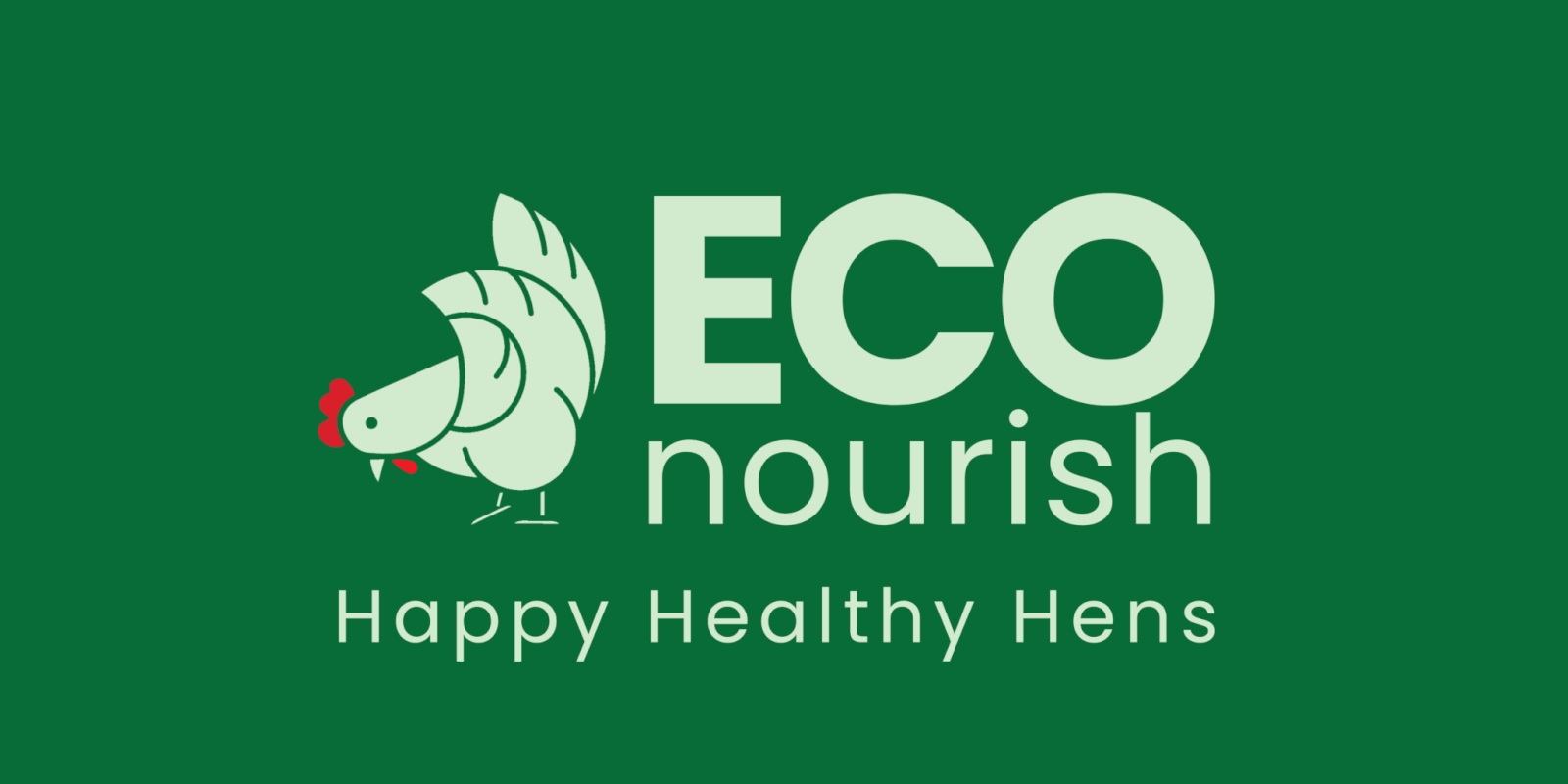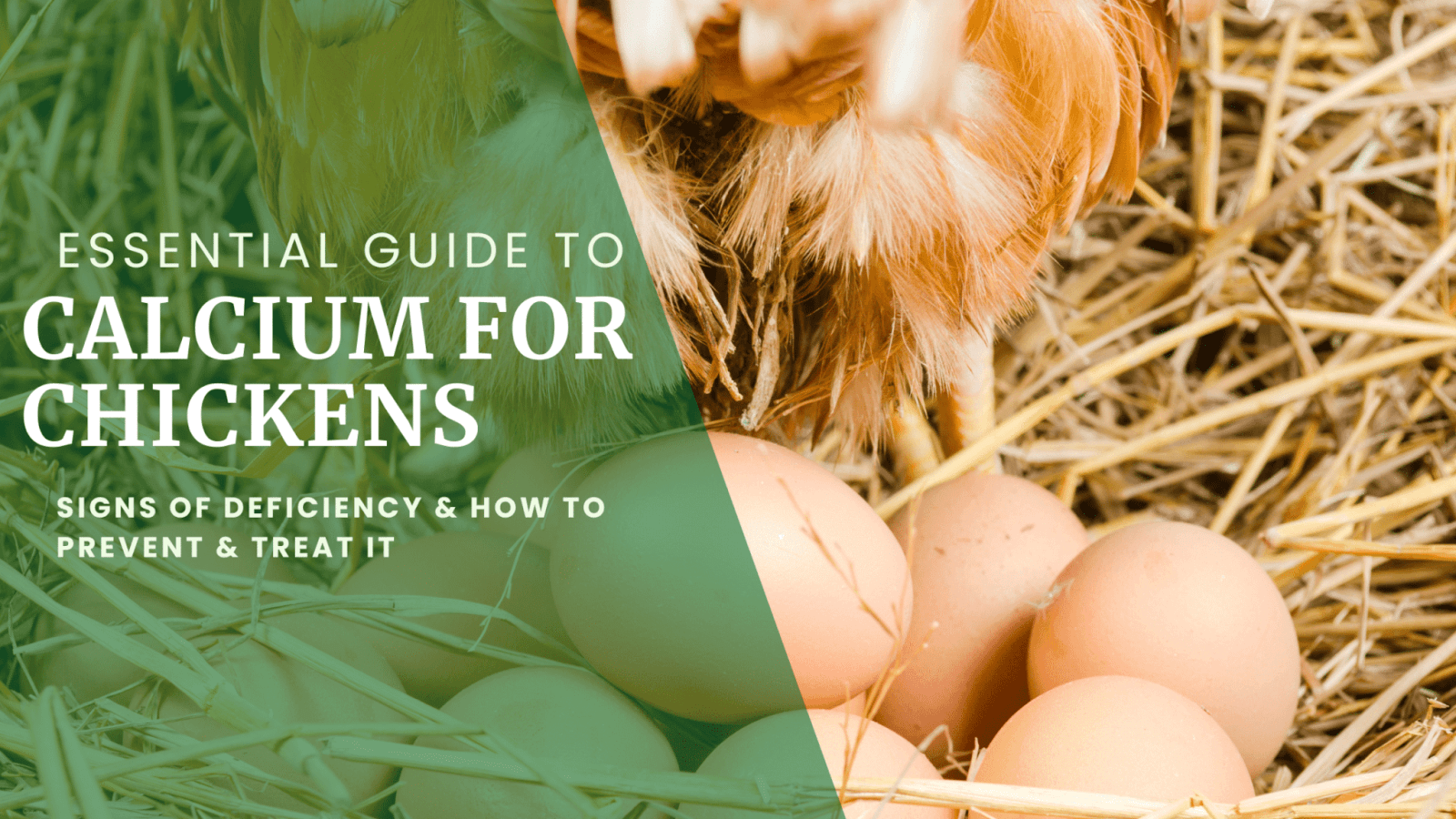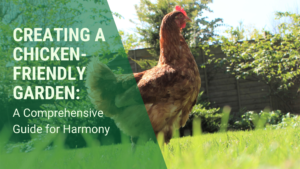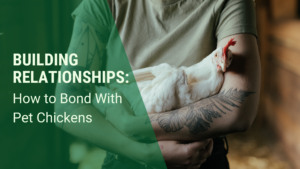Table of Contents
The Essential Guide to Calcium for Chickens
If there’s one thing that crops up in chicken forums, Facebook groups and other chicken keeping communities time and time again it’s this – calcium deficiency. How to spot it, how to treat it and what’s the best way to get calcium into chicken diets.
There’s a good reason calcium for chickens is a hot topic in chicken chat groups. Why? Because calcium is truly critical to the health and wellbeing of our flocks.
We’ll explore why calcium is so important, how to spot signs of calcium deficiency in chickens and the very best way to ensure they’re getting the right amount – and right type – of calcium in their diet.

Calcium’s Vital Role in Chicken Health
Just like us, chickens need a balanced diet. And just like us, if they’re not getting enough calcium, they may develop a calcium deficiency that leads to health issues and even death. Calcium plays a pivotal role in your chicken’s health, especially for laying hens and breeding birds.
1. It’s the building block of of robust beaks, bones and claws. Without enough, chickens are prone to osteoporosis – just like humans. They can suffer fractures from brittle bones, and beak injuries.
2. Laying hens have an increased need for calcium for proper egg production. Calcium is used to form the shell of the egg, ensuring shell strength and integrity. Without sufficient calcium, eggs can have soft or brittle shells, which can lead to health problems in the hen. We cover this in detail a bit later.
3. Calcium deficiency in breeding hens can lead to various health issues for the hen and her chicks – including decreased egg production and fertility, weak bones and deformity in the mother and her chicks.
4. To meet their calcium requirements, chickens rely on dietary sources
5. The amount of calcium in the diet is only part of the calcium puzzle. Phosphorus, magnesium and vitamin d3 also play vital roles – and must be carefully balanced. We’ll cover this in more detail below.
Signs of Calcium Deficiency in Chickens
The most common signs of calcium deficiency in chickens include:
- thin or soft eggshells or reduced egg production in laying hens
- lethargy or weakness
- feather pecking or cannibalism
- deformities in the legs or beaks – like rickets
- lameness/stiffness/limping and bone fractures due to osteoporosis
- poor growth or “failure to thrive”
- enlarged joints
- feather loss poor condition
- cases of unexplained paralysis, especially following periods of high egg production
You can read more about common poultry health issues and how to spot and treat them in our guide.
What Causes Calcium Deficiency in Chickens?

“But I feed them layers pellets and oyster shell grit – how could she have a calcium deficiency?!” is so often the response from concerned chicken owners whose hen is showing the signs of calcium deficiency.
Believe it or not, it’s not necessarily a lack of dietary calcium for chickens that causes calcium deficiency in chickens!
Complete chicken feed should, theoretically, provide sufficient calcium – particularly layers’ feed. Most responsible chicken owners also feed a calcium supplement like oyster shell grit. However, just because there’s calcium in a food doesn’t mean that calcium is absorbed at high enough rates to enter the bloodstream.
To be absorbed, calcium needs to be digestible and bioavailable. High bioavailability means that the calcium is in a form that can be easily absorbed and utilised. Factors such as the type of calcium, the presence of other nutrients, and the overall health of the chicken can affect calcium bioavailability.
A leading cause of calcium deficiency in chickens is an imbalance of calcium and phosphorus in the diet. When people seek advice in online forums about calcium for chickens, we’ve never seen this nugget of information shared! So, we’d love for people to start sharing this fact far and wide.
Both calcium and phosphorus are essential for bone health for poultry, but they need to be present in the correct ratio. Not enough phosphorus, and bones can’t calcify properly. BUT, if there is too much phosphorus relative to calcium in the diet, the chicken’s body cannot absorb the calcium properly. So, even if the chicken is eating lots of calcium, because there’s not enough of it relative to phosphorus, the calcium simply passes through them.
Vitamin d3 is also critical to calcium absorption. Like humans, chickens can produce vitamin d3 when exposed to sunlight. If there’s not enough sunlight, or enough access to it, a vitamin d3 deficiency leads to calcium deficiency.
The calcium puzzle – calcium, phosphorus, magnesium and vitamin d3
We’ve covered how calcium is only part of the picture.
Phosphorus:
For optimum absorbtion, maintain a Ca:P ratio of about 2:1 or 4:12. Black Soldier Fly larvae, aka Calci Worms, have the perfect calcium:phosporus balance naturally. Another reason to include them in your hens diet as the ultimate superfood.
Magnesium:
Studies have shown laying hens can have up to 3g per kg bodyweight per day of magnesium for optimum health – but kale contains almost 7g per 20g serving. If you’re already giving vitamin supplements, consider how to adjust your flock’s diet accordingly.
Vitamin D:
Just as it works for us, Vitamin D helps chickens absorb calcium. Sunlight and balanced layer feed can ensure they get enough. In winter, you can put VitD3 drops in their drinking water.
Calcium for Chickens – Yay or Nay for Calcium Supplementation
The good news? Calcium deficiency in your flock is manageable, treatment is simple and prevention is perfectly possible!
Layer’s pellets or mash are specially formulated with the right levels of calcium for laying hens. Cockerels, young pullets and non-laying hens can have other forms of complete chicken feed. This should always make up at least 80% of their diet.
If there are any signs of calcium deficiency, drop supplemental grains and reduce fruits and vegetables. Up the pellets and turn to calcium rich supplements and treats. We’ve got a list of commonly recommended ones below – with a yay or nay rating for your info.
Calcium Supplements for chickens:
Not all calcium is equal.
Egg shells – yay!
Many people recommend feeding egg shells to chickens. Egg shell is a great source of calcium! Be sure to grind up the egg shell into powder to prevent your hens developing an egg-eating habit – and don’t offer your flock egg shells from other chickens, like store-bought eggs, only their own.
Calci Worms (Live Black Soldier Fly larvae) – yay, yay, yay!
The clue is in the name. Calci Worms contain 80 times more calcium than other feeder insects (like mealworms). They’re also one of the few natural products that have the precise natural balance of calcium, phosphorus and magnesium – meaning you can feed them every single day and your chickens will benefit from the optimum levels of all these minerals. There are so many other nutritional benefits to Calci Worms as well – and they’re valuable enrichment when you feed them live and wriggling! Find out more in our guide.

Oyster shell grit – yay and nay!
The calcium in oyster shell is more bioavailable than in egg shells because it stays in the gut longer. BUT, studies have shown that oyster shell grit decreases overall feed consumption and has a negative impact on egg production and consumption of other nutrients.
Also, and this is a BIGGIE, oysters and their shells can contain a large amount of heavy metals. Over time this can lead to toxicity. Chickens are small creatures – so lots of oyster shell can lead to toxicity quickly and result in many diseases. We understand why oyster shell is a popular choice, but for our chickens we mix well crushed egg shells with flint grit – this gives them the balance of soluble and insoluble grit they needs for digestion.
Milk and dairy products – nay!
You cannot give chickens dairy products from any mammal – goat, cow, sheep or otherwise. Not only is it against DEFRA regulations, chickens are not mammals and do not produce enough lactase (the enzyme needed to break down lactose) so can’t tolerate it. Not even Greek yoghurt, which still contains lactose.
Sardines and bonemeal – BIG nay!
Foods like Sardines, though a popular choice for chickens, are not only completely against DEFRA regulations but also contain far too much salt, dangerous mercury AND far too much phosphorus. Bonemeal is also against DEFRA regulations, and has very high phosphorus levels. There are any reasons why animal by-products are big no-nos – on the surface, protein and calcium sound great, chickens are omnivores, but there’s a bigger nutritional and agricultural picture to consider.
Liquid calcium supplements – yay (in certain circumstances)
Liquid calcium for chickens is available. It’s easy to administer in drinking water, however it’s tricky to measure how much each individual chicken is getting. Too much calcium can lead to a condition called hypercalcemia, leading to kidney damage. It’s best to have some liquid calcium in your chicken first aid kit for treating conditions like egg-binding rather than relying on it as a regular calcium source.
Calcium-rich vegetables – yay-ish!
Kale, spinach, broccoli and its leaves all contain calcium. They also contain quite a lot of magnesium. Magnesium is another essential mineral for chicken health, particularly their immune systems. However, it can compete with calcium. Feed these veggies occasionally – once or twice per week.
Giving your chickens the best calcium balance for optimum health

Our feathered friends may cluck instead of talking back, but they tell us what they need in the ways that they can. Each tell-tale sign is a small conversation, a tiny request for some small change that could make their life better. As their trusted chicken keeper, it’s up to us to listen, learn, and take action.
Because they’re more than just chickens, aren’t they? They’re our companions, our tiny garden custodians, and they deserve the very best we can give. With a little attention to their diet, a bit of preventative care, and a heart filled with love for our feathered friends, we can ensure they lead a healthy, happy, calcium-rich life!
Ensure your chickens get the right balance of calcium, phosphorus, protein, fats, fatty-acids, vitamins and other minerals by supplementing them with 10g juicy live Calci Worms. It’s not just a hen superfood – it’s enrichment and entertainment as well. They love the chance to hunt down wriggly live bugs on tap.
And when you watch them bursting with energy, clucking contentedly and laying beautifully hard-shelled eggs? What a joy of knowing that you’ve given them the beak-to-tail wellbeing that they deserve.




